Effects of betrayal in marriage
How an Affair Impacts Your Marriage
Infidelity undermines the very foundation of marriage in many ways. It causes heartbreak and devastation, loneliness, feelings of betrayal, and confusion to one or both spouses in a marriage.
Some marriages break after an affair. Others survive, become stronger and more intimate.
What Is Considered an Affair?
The definition of an affair varies between partners or couples. For instance, an emotional affair is still considered infidelity for some people, despite the absence of a physical connection.
A person may consider watching pornography as cheating, while another may not. Some people may only view affairs as sex outside the relationship. However, emotional affairs of any kind are harmful to the marriage. It could mean that the straying partner no longer invests in the relationship.
Affairs take many forms. While certain kinds are very clear-cut, others vary. Each party should define their interpretation of an affair in the context of marriage and their expectations for each other.
Types of Infidelity
- Object affair
This happens when a partner neglects the relationship to follow an interest outside the marriage. The pursuit can get to an obsessive point.
- Sexual affair
One partner has sex outside the relationship without an emotional attachment to the other person. According to some studies, women are more likely to forgive an affair if there’s no emotional connection than men.
- Cyber Affair
Online infidelity is a brief emotional involvement with someone met online with no immediate intention of physical, sexual intimacy. It takes place via sexting and chatting. This includes watching pornography.
- Emotional affair
An emotional affair is a romantic relationship in which one partner establishes an intimate relationship with someone outside the marriage. The outside individual is often of the opposite gender, and the unfaithful partner may spend much time communicating with them.
The unfaithful partner can discuss problems within the relationship with the outsider and neglect their partner.
 Sex isn’t always involved in an emotional affair.
Sex isn’t always involved in an emotional affair.An affair that combines sexual and emotional intimacy is often considered a secondary relationship.
Reasons Why Affairs Happen
- Lack of Satisfaction in The Relationship
For a relationship to be successful, both partners should feel stable and secure in all aspects. Aside from physical intimacy, this also requires emotional intimacy.
If one of these areas is lacking, the relationship begins to feel unsatisfactory, increasing the likelihood of having an affair.
- Feeling Unappreciated
Feeling undervalued can relate to unrealistic expectations of a partner rather than actual neglect. For example, when both partners are working, women mainly handle household duties and childcare. In such a case, an affair validates the other person’s sense of worth.
- Body Image and Age
Most middle-aged people have affairs with younger women/men as a way for them to prove that they’re still attractive.
 A spouse can blame the affair on the partner’ letting himself/herself go.’
A spouse can blame the affair on the partner’ letting himself/herself go.’ - Opportunity
Prolonged periods apart can present an opportunity for affairs. For instance, traveling for work or enlisting in the military. The absence facilitates a lower risk of getting caught and can lead to loneliness and resentment.
While long-distance is not ideal for marriage, there are alternative ways to strengthen the marriage when apart.
Other common reasons outside of sex that contribute to infidelity include:
– Lack of affection and commitment
– Lack of emotional intimacy, fondness, and caring for each other
– Breakdown of communication that relates to emotional needs
– Physical health issues, such as chronic pain or disability
– Mental health issues including depression, anxiety, ADD, learning disabilities, or bipolar disorder
– Substance abuse and addiction, including addiction to sex, gambling, drugs or alcohol
– Unaddressed marital problems that have accumulated over the years
– Personal unhappiness, avoidance of personal or relationship problems
– Low self-esteem, boredom, and desire for new sexual experiences
– To end the main relationship
– Revenge
Effects of Infidelity on the Uninvolved Partner
The effects of infidelity spread to other people besides the spouses, such as children. They affect the other partner both physically and mentally, making them experience;
They affect the other partner both physically and mentally, making them experience;
- Anxiety and depression
- Rage and posttraumatic stress (PTSD)
- Increased distress, self-blame, and shame
The affected partners tend to blame themselves for the affair and often wonder if they weren’t enough. It’s important to remember that the decision to cheat is entirely on the other person, even if there were some problems in the relationship before.
- Low Confidence and Self-Esteem
It’s common to feel disoriented, as the things that provided a sense of comfort no longer do. Finding a sense of stability within yourself is the key to realizing your strengths and ability to cope with the situation.
- Poor Performance Both at Work and Socially
It’s important to avoid making major changes to aspects of your life while in emotional distress due to the affair. Healing takes time, so having a support network of family and friends helps you find ways of addressing the effects of the affair.

- Loss of Trust in the Cheating Spouse
The victim of an affair often finds it difficult to trust and doubts their judgment of other people. If they decide on a new relationship, mistrust can follow. It’s important to deal with the trust issues and negative effects of the affair by getting professional help.
People who get cheated on are more likely to engage in high-risk behaviors. This could be having sex while on drugs, unprotected sex, drug and substance abuse, overeating or under-eating, and over-exercising.
Effects of Infidelity on the Partner Who Cheats
Infidelity also affects the partner involved in the affair, especially if it lasts for extended periods.
- The person may experience increased anxiety or depression
- They may feel overwhelming guilt
- Feeling helpless or trapped in the relationship
An affair can last longer because they may feel it’s challenging to change the situation. The longer it drags on, the more intense the effects will be. Most affairs become exposed, and the fear of speaking up about it harms both partners further.
Most affairs become exposed, and the fear of speaking up about it harms both partners further.
Additional Effects of Infidelity
- Financial Consequences
In most cases, marital funds get used on the new partner for things such as meals, dates, hotels, gifts, to name a few. This is a form of dissipating marital income.
In the event of a divorce, the court considers this fact when dividing assets, and you may need to reimburse your spouse some amount.
A woman can spend money on personal enhancements such as cosmetic surgery during an affair. If a divorce follows shortly, this act is dissipating marital income as well.
Most couples opt for marriage counseling, with separate individual sessions and joint sessions. This is another financial consequence of having an affair, as therapy sessions cost money.
Another consequence is the loss of income, where one partner loses a job. There are legal fees involved with divorce consultations and counseling for the children involved.

- Effects on Children and Family
The emotional turmoil that comes with the discovery of an affair can be intense. If you and your spouse decide to stay married, there are many emotional hurdles to get through.
For instance, there is telling the truth and all details of the affair. There’s a need to reconnect while acknowledging the anger and hurt.
The relationship with your children can suffer significantly if they learn about the affair, whether during or after. Children can end up losing respect and trust in the parent who had an affair.
They can also develop a negative attitude towards the partner who wasn’t involved, feeling like they pushed their spouse to have an affair.
Children can feel betrayed, especially if the affair results in a divorce, interrupting or distorting the family life they have adapted to.
Some children may end up doing the same thing themselves subconsciously once they get married, imitating the parent at fault.
- Effects on Sexual Health
Affairs can have sexual health implications, especially where there’s unprotected sex.

They expose the other partner to STIs, some of which have no symptoms. If left untreated, they can have severe consequences on their reproductive health.
Mending a Broken Marriage
Recovering from an affair is a difficult, uncertain, and challenging journey for both spouses.
However, as couples rebuild trust, reconciliation can strengthen and fortify the relationship. Admission of guilt and forgiveness can renew the love and affection between spouses.
Here are some steps that promote healing;
Take some time off – Before making a final decision to stay or leave, take some time to heal and understand the reasons and motivating factors behind the affair. Avoid making rash decisions in emotional distress.
Seek professional help from a marriage counselor or therapist and learn how to prevent an affair from recurring in the future.
Be accountable – If you were at fault, take responsibility for your actions and end the affair, including all interactions and communication with the other person. If the affair was at work, limit interactions with the co-worker to business or find an alternative workplace.
If the affair was at work, limit interactions with the co-worker to business or find an alternative workplace.
Get help from different sources – Enlist the help of understanding people who will not pass judgment. These can be, trusted friends, experienced spiritual leaders, and qualified counselors.
Look for a licensed therapist who specializes in marital therapy and has experience in dealing with infidelity.
Marriage counseling helps you;
· Think about whether the affair is big enough to affect your marriage and how you can move past it
· Identify issues that may have contributed to the affair
· Learn how to rebuild and strengthen your relationship
· Avoid divorce
If you’re not up for the idea of marriage counseling, consider individual therapy as a channel to explore your feelings and help you ground your choices.
Restore trust – Agree and come up with a plan to restore trust and a process to facilitate reconciliation. If you were unfaithful, admit guilt and seek genuine forgiveness. If your partner was cheating, offer forgiveness where possible and find understanding together.
If you were unfaithful, admit guilt and seek genuine forgiveness. If your partner was cheating, offer forgiveness where possible and find understanding together.
The Damage of Betrayal in Marital Relationships
Trust and respect are cornerstones of all human relationships, particularly marriage. Can your spouse count on your word consistently without doubts? Marriage relationships cannot be healthy or last without both partners having integrity in both actions and words. Some failure is inevitable in every marriage. Therefore, trust is not built on the absence of failure as much as on the genuine attempts by both partners to take responsibility for and try to repair those failures. In healthy relationships, the failures can actually lead to greater trust when they are handled with honesty and love.
We all experience betrayal in marital relationships. Forms of betrayal in a relationships can differ depending upon the person who betrayed you. Betrayal in marital relationships may come in the form of being talked into an unwise purchase or being lied to by a friend.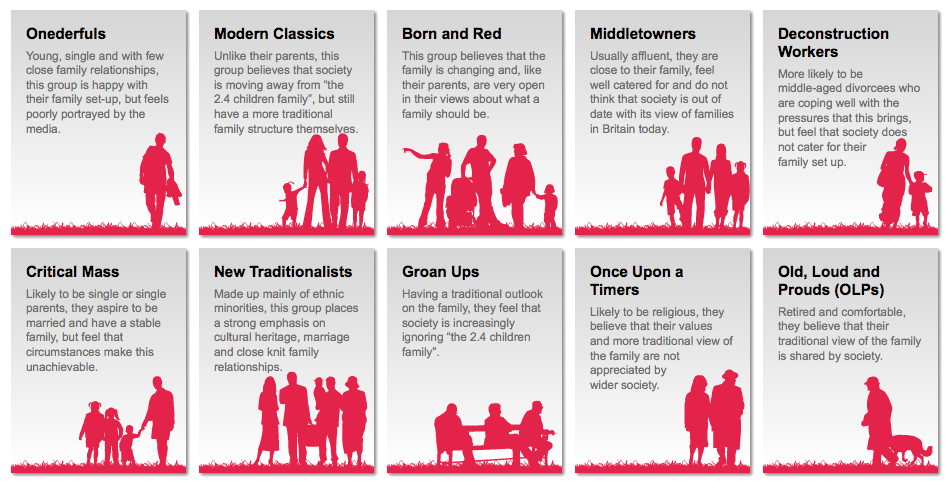 The damage being described here is the kind that comes from something very severe like infidelity.
The damage being described here is the kind that comes from something very severe like infidelity.
I have seen the damage of deceit in many marriages. It turns relationships from caring and considerate into a struggle for power. If the foundation of trust is broken, the wronged partner becomes almost exclusively focused on attempting to control and minimize the pain of that betrayal in marital relationships. Something deep inside us is touched when we have been deceived and betrayed. It destroys the belief in our partner, in ourselves and causes us to begin questioning all that we believed about our marriage.
The people who are betrayed in a marital relationships often wonders how they could have been so stupid or naïve to have trusted their spouse. The shame of being taken advantage of deepens the wound. Often the injured partner believes that he/she could have prevented the betrayal in marriage if they had been smarter, more alert or less vulnerable.
The damage done to the partners who experience betrayal in marital relationships is usually the same whether they decides to end the relationship or not. A spouse who has been betrayed begins shutting down the desire for relationship. The one betrayed feels that no one can really be trusted and it would be foolish to ever trust someone to that extent again. The spouse who experiences the pain of betrayal in marriage usually builds an emotional wall around them in order to not feel the pain again. It is much safer to expect very little from any relationship.
Betrayed spouses often become amateur detectives.One of the effects of betrayal in marriage is that the spouse become hyper-vigilant in monitoring and questioning everything related to their partner. They become very suspicious of the motives of their partner. Typically, in all their other relationships they often wonder what the other person really wants. They also become highly sensitive in any interaction where they feel pressure to make the other person happy, particularly if they feel it requires some sacrifice on their part. Rather than seeking out ways on how to get over betrayal in a marriage spouses become cynical towards people around.
Rather than seeking out ways on how to get over betrayal in a marriage spouses become cynical towards people around.
The ultimate damage physical or emotional betrayal in marriage is the belief that authentic relationships are unsafe and a loss of hope for real intimacy. This loss of hope often leads to experiencing all relationships from a safe distance. Intimacy has come to represent something very dangerous. The spouse who is feeling betrayed in a relationship begins to push the desires for deep connection with others deep down inside. Those in relationship with the betrayed partner may not recognize this defensive stance because he/she may appear to be the same on the surface. The way of relating may seem the same but the heart is no longer engaged.
Possibly the most damaging aspect of serious betrayal in relationships is the self-hatred that may develop. This comes from the belief that the marital betrayal could have been prevented. It also is a result of coming to believe that they are undesirable.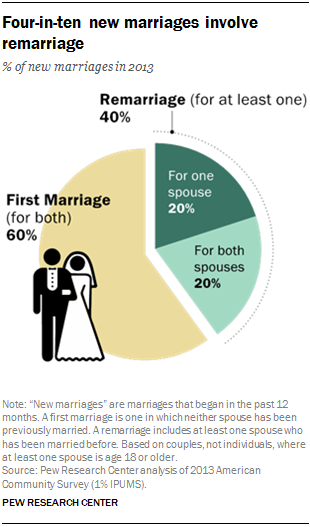 The fact that the partner they trusted could so easily devalue and discard the trust in the marriage is proof of this.
The fact that the partner they trusted could so easily devalue and discard the trust in the marriage is proof of this.
The good news is that whether the marriage continues or not the betrayed spouse can experience healing and find hope for real intimacy again. Dealing with betrayal in marriage requires a real investment of time, effort and help. When a spouse betrays your trust ,letting go of the self-contempt through forgiveness is the starting point. Getting past betrayal in a relationship takes a lot of patience and understanding from both the partners.
Share this article on
Share this article on
Cheating in marriage: causes and consequences
Cheating in marriage: causes and consequences
“Every wife at least once cheated on her husband with another. If the wife did not cheat, it was not because she wanted to remain faithful, but because there was no opportunity to commit infidelity. «
Prince de Ligne.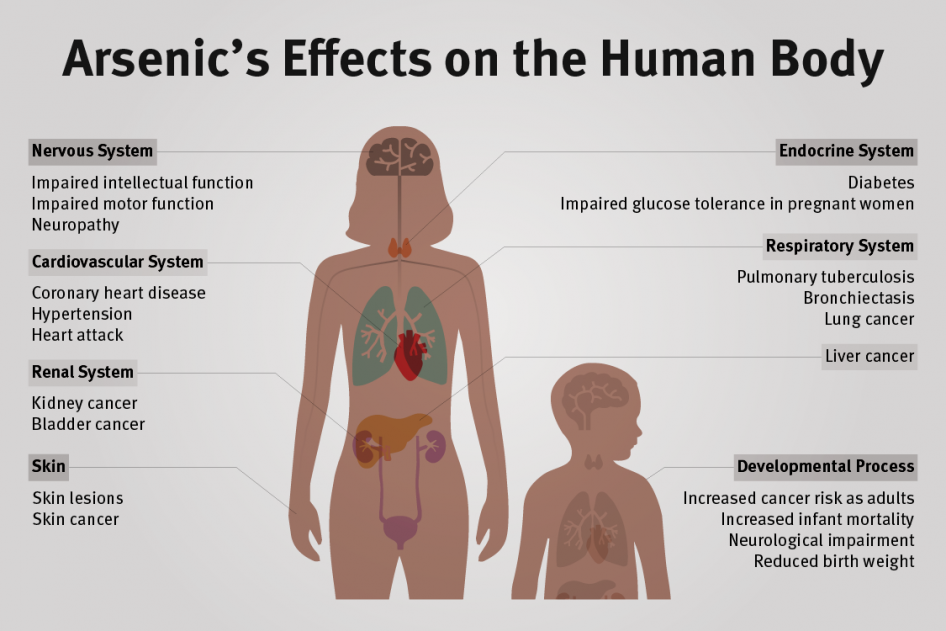
In all fairy tales, the misadventures of heroes usually end in marriage. All obstacles are removed, the villains are defeated, and nothing prevents the two lovers from living, living and making good. This is where the story ends, and you can't argue with that. The fairy tale really comes to an end and severe weekdays begin. Among the many problems that arise in marriage, the problem of infidelity is probably one of the most painful.
The initial manifestation of marital fidelity came from the need for a man to be sure of the consanguinity of his children. In the 15th and 16th centuries, not being legally married was considered a vice. The husband was recognized as the unlimited ruler of the family. The wife had to be meek enough to even endure her husband's betrayal, and even when this happens in her house, she must be silent.
By the 16th century, freer relations arose in the privileged strata of society. The woman has become a luxury item.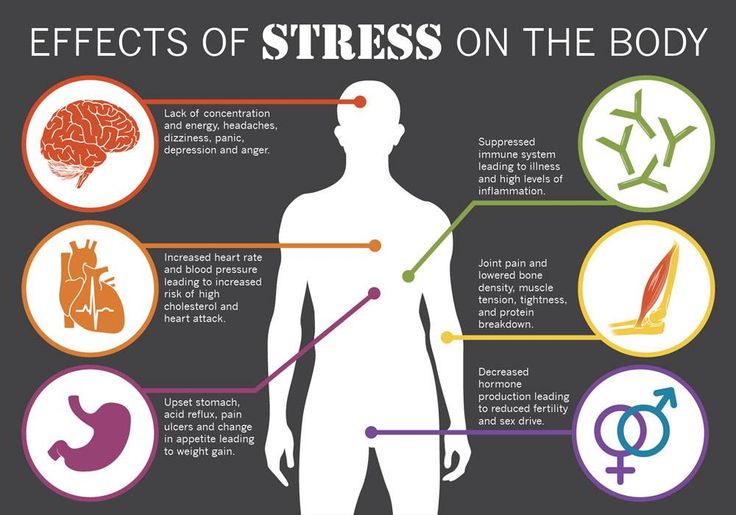 In these times, a woman who gives herself to others only during pregnancy from her husband is considered the embodiment of virtue. “A pregnant woman cannot be unfaithful,” that is, the husband does not risk in this case raising children that did not belong to him. Similar attitudes also spread among the court aristocracy. Those of the courtiers whose wives were especially beautiful had to share them with the king, princes and favorites. For a lady, this was not considered a shame, and the husbands of such wives built their entire careers on this. At the same time, in many families, husbands strictly guarded their wives, and if the wife nevertheless solicited extraneous love, then this threatened her life.
In these times, a woman who gives herself to others only during pregnancy from her husband is considered the embodiment of virtue. “A pregnant woman cannot be unfaithful,” that is, the husband does not risk in this case raising children that did not belong to him. Similar attitudes also spread among the court aristocracy. Those of the courtiers whose wives were especially beautiful had to share them with the king, princes and favorites. For a lady, this was not considered a shame, and the husbands of such wives built their entire careers on this. At the same time, in many families, husbands strictly guarded their wives, and if the wife nevertheless solicited extraneous love, then this threatened her life.
And yet the highest law of marriage at all times was fidelity. And although love marriage was considered the ideal, in many sections of society, love was not considered a necessary condition for marriage. To maintain the husband's confidence that the wife would give birth to a child from him, sometimes the fidelity of the wife was ensured by mechanical means - the so-called "chastity belt".
The first inventor of such a belt in Europe was the tyrant Francesco II, according to some researchers. According to another version, the custom of locking a woman to a castle appeared in Germany among the aristocracy: every time, going on a military campaign, the husband forced the blacksmith to put on his wife an iron belt, which he personally removed after his return. The belt was a metal structure with many locks that covered the lower part of the woman's body - from the belt to the pelvis. Particular interest in these devices flared up with the beginning of the Crusades - "chastity belts" came into fashion. It is noteworthy that a woman who does not wear this "belt" was considered vicious and depraved, so many knights' wives themselves asked to wear belts. Very many "belts" were made of silver, gold and were distinguished by beautiful chasing and inlay. However, over time, "chastity belts" did not disappear. In some places, women are still locked up "with a key. " Modern products use the latest materials and achievements of electronics. A workshop still operates in Germany, producing up to 100 pieces of "chastity belts" per year, with orders coming from all over Europe and from America.
" Modern products use the latest materials and achievements of electronics. A workshop still operates in Germany, producing up to 100 pieces of "chastity belts" per year, with orders coming from all over Europe and from America.
Having finished this short historical digression, let's return from the knights and the crusades to our days. Despite the passage of time, the concepts of "treason and loyalty" have not lost their relevance. Love for a modern family is an important basis for marriage, often the only motive for its conclusion. Therefore, infidelity can lead to the destruction of a marriage or a serious crisis.
Loyalty is an obligation to a marriage partner; it is the knot that holds together not only a marriage union, but any other. Loyalty to the motherland, military duty, ideals has always been cultivated. The opposite of loyalty is betrayal. Treason has always been considered a shame and equated with betrayal.
Cheating in marriage is the result of contradictions, conflicts, carries a lot of psychological motives. As a result of adultery, marital life is often destroyed. Disappointment in family life leads to betrayal of a person, but how and why does this happen, how does the initial feeling of love turn into indifference, hostility and even hatred? Adultery can occur in practically healthy families, and may be absent in destroyed ones. It should be noted that in the practice of family counseling, infidelity occurs quite often - this is every fourth case. As for the reasons for betrayal, they basically boil down to the following:
As a result of adultery, marital life is often destroyed. Disappointment in family life leads to betrayal of a person, but how and why does this happen, how does the initial feeling of love turn into indifference, hostility and even hatred? Adultery can occur in practically healthy families, and may be absent in destroyed ones. It should be noted that in the practice of family counseling, infidelity occurs quite often - this is every fourth case. As for the reasons for betrayal, they basically boil down to the following:
1. New love. As a rule, such a reason for betrayal is typical for marriages in which initially love was insignificant or completely absent. These are rational or forced marriages based on profit, tradition, fear of loneliness or other motives.
2. Retribution. A number of adultery is based on the desire to avenge a spouse's infidelity in order to restore self-esteem.
3. Desecrated love. Cheating occurs in marriages with a non-reciprocal feeling.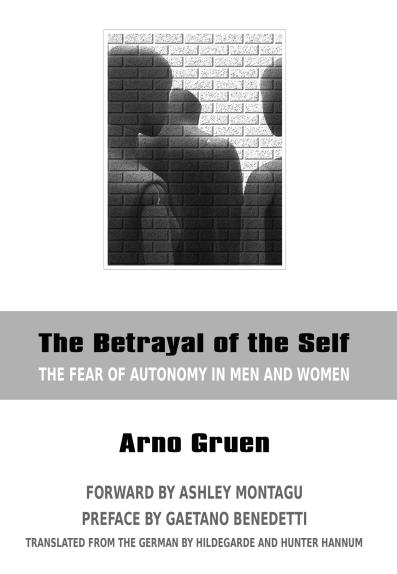 One of the spouses suffers from rejection of his love, unrequited feelings. This prompts him to satisfy him in another partnership where reciprocity is possible. Sometimes the cheater himself does not love the new partner, but responds to his feeling, sympathizing with the person who loves him unrequitedly.
One of the spouses suffers from rejection of his love, unrequited feelings. This prompts him to satisfy him in another partnership where reciprocity is possible. Sometimes the cheater himself does not love the new partner, but responds to his feeling, sympathizing with the person who loves him unrequitedly.
4. Search for new love experiences. This type of betrayal is typical for spouses with a significant experience of living together, when feelings have faded. Such an option may occur under the influence of cinematic examples of the "beautiful life", as an imitation of sexual freedom.
5. Replenishment. With this type of betrayal, a person compensates for the lack of love relationships that arises due to long separations, the illness of a spouse, or other restrictions.
6. Total breakup of the family. In this case, betrayal is actually the creation of a new family, when the former one, for one reason or another, is no longer perceived as a family.
7. Random connection. As a rule, such betrayal is not characterized by regularity, it can be provoked by certain circumstances (drunkness, opportunity, perseverance of a partner, etc.).
Cheating not only threatens the integrity of the family, affects marital feelings, as well as a sense of personal dignity, but is also accompanied by a deep feeling of jealousy, destructive in itself.
Jealousy arises as a reaction to the threat of disintegration of relations in a situation of rivalry. The threat may be real or based only on assumption. Some people are actively experiencing jealousy, that is, they are looking for the necessary information, shouting, swearing, trying to explain themselves, trying to get their partner back - competing with an opponent, trying to make it difficult to meet with him. With a passive experience, a person keeps everything inside himself, does not talk with a partner.
Acute and deep feelings of jealousy are the result of complete surprise, suddenness against the backdrop of a successful relationship.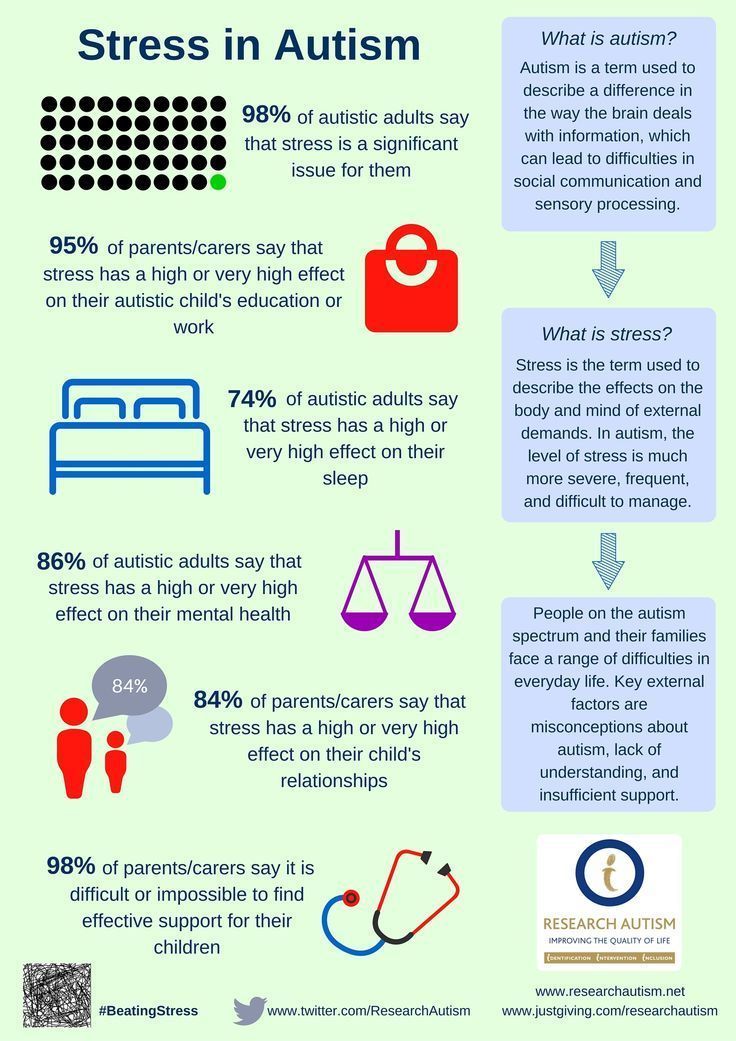 The experience depends on how often it happened before, betrayal hurts more a gullible and devoted person, in whom it does not fit into his morality.
The experience depends on how often it happened before, betrayal hurts more a gullible and devoted person, in whom it does not fit into his morality.
Jealousy becomes protracted if the partner behaves inconsistently, without giving a definite solution. For a number of people, the partner's remorse, a frank explanation, is very important. If third parties become aware of the betrayal, and if they begin to intervene, then the situation only worsens.
The depth of the experience of betrayal most of all depends on the strength of love for a partner and the magnitude of the fear of losing him. Here comes the question of whether to tell your partner about cheating or not. It is clear that a person who has committed treason carries a burden on his soul and he wants to get rid of it. Sometimes the feelings of guilt are so strong that a person even wants to be punished in order to get rid of the burden. He wants to share this burden with a partner, but whether he can do it is often not thought about. It is also necessary to anticipate the reaction of the partner - he will be deeply hurt, offended by your confession, he will feel betrayed and humiliated. Not every person will be able to forgive betrayal or never reproach it. However, seeing sincere repentance, a loving person can still forgive, many families who have experienced such a situation unite stronger, realizing how valuable relationships are for them, which once almost were destroyed.
It is also necessary to anticipate the reaction of the partner - he will be deeply hurt, offended by your confession, he will feel betrayed and humiliated. Not every person will be able to forgive betrayal or never reproach it. However, seeing sincere repentance, a loving person can still forgive, many families who have experienced such a situation unite stronger, realizing how valuable relationships are for them, which once almost were destroyed.
Women's adultery in marriage - consequences for women and causes
Despite the fact that there is a stereotype in society that men cheat more often than women, there is no scientific evidence for this, or the difference is insignificant. Why do women cheat and how does it affect their marriage?
Photo by cottonbro: Pexels
- Maria, 34
Mary was initially not happy with everything in her marriage. She admitted that her husband often put pressure on her, tried to control, was jealous, "bent under himself.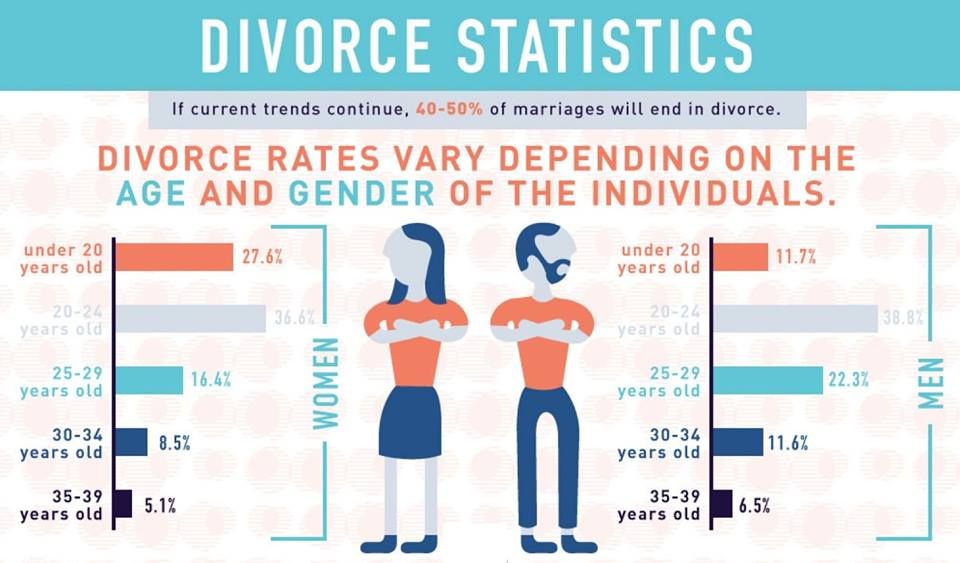 " If something did not go the way he wanted, he threw a tantrum.
" If something did not go the way he wanted, he threw a tantrum.
She cheated on him with a man she met in a cafe. The reason for the betrayal was the need to feel desired, loved, to hear compliments. It was only once, with that person she stopped communicating.
Maria remained in the marriage, her husband never found out anything.
However, after this incident, Maria admitted that she gained more confidence in communicating with her husband, she began to "bend" him herself, for a while she felt more comfortable.
But this led to even more quarrels, and when her husband realized that he could not control her, they broke up. Later, Maria realized that her marriage was originally with the wrong person, and betrayal could not solve this problem.
- Olesya, 41 years old
Olesya had a good marriage. However, she cheated on her husband when she was at a meeting of classmates. This was the man she had once been in love with. Olesya said that she immediately regretted her act, and, returning home, confessed everything to her husband.
For some time he tried to reconcile, to forgive, but she noticed that it became unpleasant for him to even look at her, let alone touch her. They became very distant from each other and, in the end, he filed for divorce, despite the fact that Olesya tried in every way to improve relations.
He confessed that he simply could not forgive her. Since then, 5 years have passed, Olesya has not yet started a new relationship and regrets that she broke up with a good man.
- Vadim, 37 years old
Vadim always trusted his wife, didn't check, didn't control. She was a quiet modest girl. One day, a friend of his wife told that she had cheated on him at last New Year's celebration. Vadim did not believe at first, put pressure on his wife.
She denied everything, tried to laugh it off, but then confessed everything. She said that she did not understand how it happened, that it did not mean anything, it was a thoughtless impulse. Vadim could not forgive her, and they divorced.
5 questions about female infidelity
He admitted that the biggest blow for him was not the very fact of infidelity, but the fact that his wife had been deceiving him for a whole year, and their mutual acquaintances knew about it. It seemed to him that all year they were laughing behind his back, considering him to be a failed man.
- Vera, 33 years old
Her husband was on constant long business trips, but even when he returned, she lacked his attention, support, and love. While he was away, she cheated on him with a work colleague who was always partial to her.
There was an acute sense of guilt that she could not live with. She told her husband everything. He was ready to continue the relationship, but Vera could no longer communicate with him, because every time she felt shame and regret. She felt uncomfortable being around him.
She filed for divorce, left for a colleague. Now they have been together for 4 years, raising a common child.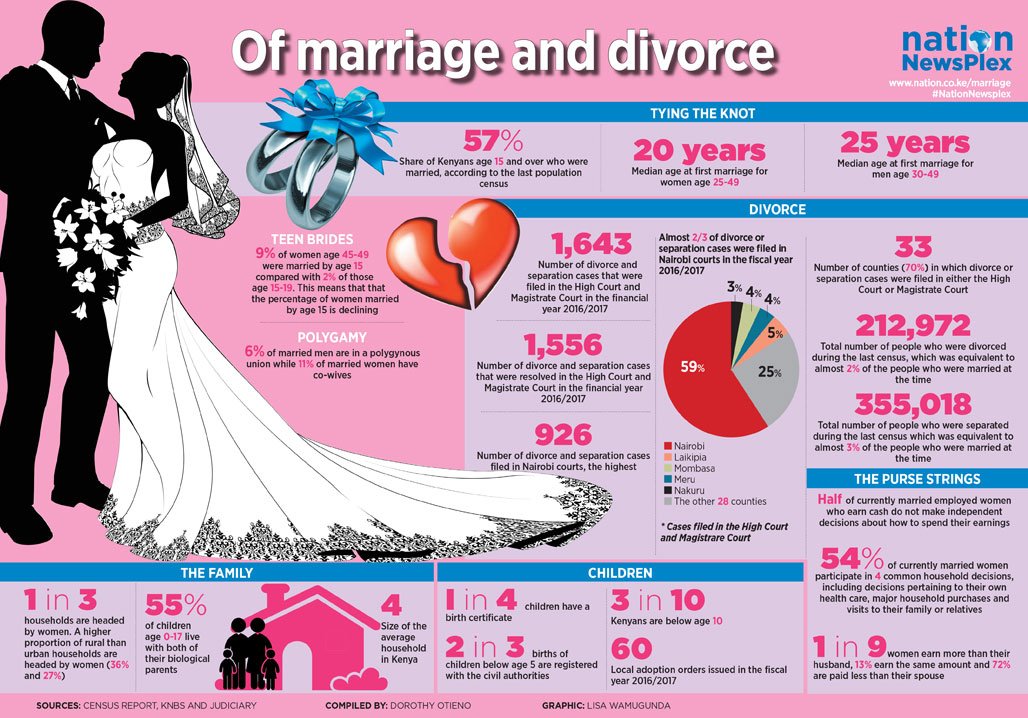 But the feeling of guilt before the ex-husband did not disappear.
But the feeling of guilt before the ex-husband did not disappear.
- Oleg, 37 years old
They were married for more than 5 years, there were many quarrels, there was constant irritation that arose from scratch. Oleg offered to take a break in the relationship to let each other cool down and think everything over, he moved to a friend for a couple of weeks.
Once he had to go home to pick up some things, but despite the late hour, his wife was not there. Then he came a few more times and the result was the same. I decided to have a frank conversation with her. She admitted that she lives with her lover.
This was a heavy blow for Oleg, because he really hoped to save the marriage and tried to improve relations. After the divorce, for a long time he could not recover, he was depressed. Now it has become easier, but he still avoids a serious relationship.
Oleg admitted that now it is difficult for him to trust people, open up to them, share something personal, and he doubts that he will ever decide to enter into a new marriage.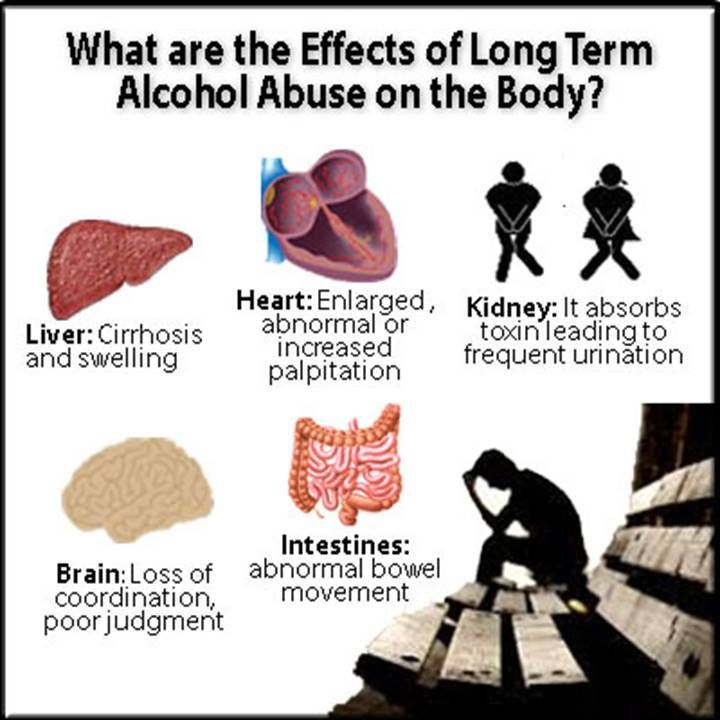
- Irina, 42 years old
The betrayal was not spontaneous, Irina planned everything from the very beginning. She had been married for 7 years, she was bored, life seemed endless and tedious, it seemed that she had completely cooled off towards her husband.
Chose a "safe" person who was also married and did not pretend to have other relationships. There was only one change. Irina could not remain silent about this and confessed everything to her husband. For a long time they tried to cope with everything, went to a family psychologist.
They managed to save their marriage, now they have been together for almost 12 years. Irina admitted that this was only due to the fact that they learned to be frank with each other, talk about feelings, stop looking for the guilty or blaming themselves for something.
They talked a lot about why the betrayal happened, what led to it, where their relationship took a wrong turn, shared experiences, learned to forgive and accept each other not ideal, but with weaknesses and mistakes.
Irina admitted that she is grateful to her husband for the fact that he found the strength to forgive her. Since then, she has always been faithful to him, they became so close that she did not even think about other men, she only needed him.
- Anna, 54 years old
She had a good, faithful husband who always came home on time and took care of her. Anna admitted that they did not have any extravaganza of emotions, but they loved each other, marriage gave a sense of security.
However, Anna still committed treason. At first it happened by chance when she met her ex. Then Anna registered on a dating site under a false name and began to communicate with other men.
Anna said that her husband never made a scene, did not “catch her red-handed”, but she was sure that deep down he knew everything, preferring to turn a blind eye to it. Once he told that his wife cheated on his friend and confessed everything to him.
A friend forgave her, but Anna's husband said that it would be better if she didn't do this, because it would cross out all the good things that exist between them and he, if he were a friend, would not forgive her.














